Hotel Wi-Fi is unsafe for your work, according to FBI
3 min. read
Updated on
Read our disclosure page to find out how can you help Windows Report sustain the editorial team. Read more
Key notes
- The Federal Bureau of Investigation issued a Public Service Announcement concerning the risks of using hotel Wi-Fi networks while teleworking.
- Most users don't seem to realize the severity of the risks they're subjecting themselves to while using hotel Wi-Fi networks.
- Visit our Security Section for the latest developments regarding cyber-security.
- You can also check out our VPN Hub to learn more about the benefits of using a VPN.

The FBI recently issued a PSA to inform teleworkers of the risks of using hotel Wi-Fi networks.
Reportedly, the Federal Bureau of Investigation noticed an increasing number of hotel remote workers.
While remote working from hotel rooms isn’t inherently bad, connecting to a hotel Wi-Fi network might subject you to certain security risks.
Some of the most serious ones include personal data thefts, or compromising work resources.
Hotel room teleworking is trending
Apparently, more and more US hotels started advertising room reservations during the daytime for those who seek a distraction-free environment.
This comes as a blessing for teleworkers who can’t seem to focus on their work environment while at home. On the other hand, the risks may outweigh the benefits in this situation, especially in lieu of appropriate security measures.
Unfortunately, when it comes to Wi-Fi networks, hotel management staff caters to the convenience of their customers, at the expense of their security.
As a result, not only is the Wi-Fi password available for everyone to see in the hotel lobby, but it also gets replaced quite rarely.
The risks of using hotel Wi-Fi networks
There are a few quite serious risks you may expose yourself to while using Wi-Fi networks in hotels:
- Traffic monitoring – Your network activity could be exposed to a malicious third-party
- Evil Twin attacks – Cloning the hotel network, misleading clients to connect to the fake one instead
- Man-In-The-Middle attacks – Intercepting and stealing sensitive information from one’s device
- Compromising work – Facilitating cybercriminals to steal work credentials or other similar resources
- Digital identity theft
- Ransomware
How do I reduce the risks of using hotel Wi-Fi?
1. Use a trustworthy VPN
You can purchase a premium VPN subscription plan, we recommend Private Internet Access, to encrypt network traffic.
A VPN can easily protect your privacy by encrypting traffic between your device and the VPN gateway.
This renders network monitoring tools and Man-In-The-Middle attacks useless.
However, you should still keep an eye out for Evil Twin attacks. More often than not, an Evil Twin network won’t be password-protected and will have a weaker signal.
2. Don’t use the hotel’s Wi-Fi
If you have a hefty data plan on your mobile device, just use that instead of the hotel’s Wi-Fi.
You can either create a hotspot on your phone/tablet or use USB to tether it and share your Internet connection.
Also, you may want to avoid using the auto-connect feature on your PC, to avoid it automatically connecting to the hotel’s Wi-Fi network or an unprotected Evil Twin one.
3. Keep it simple
If you’re there for work, make sure you stay focused and avoid logging in on too many websites.
That goes double for any website where you may input sensitive data, such as your SSN, credit card details, as well as other credentials.
Last, but not least, always check the security certificates of the websites you’re visiting. If you don’t see HTTPS, then it’s a no-go.
If you follow these steps, you shouldn’t have to worry about the dangers of working using a hotel’s Wi-Fi.
What’s your take on this latest development? Share your opinion with us in the comments section below.
[wl_navigator]



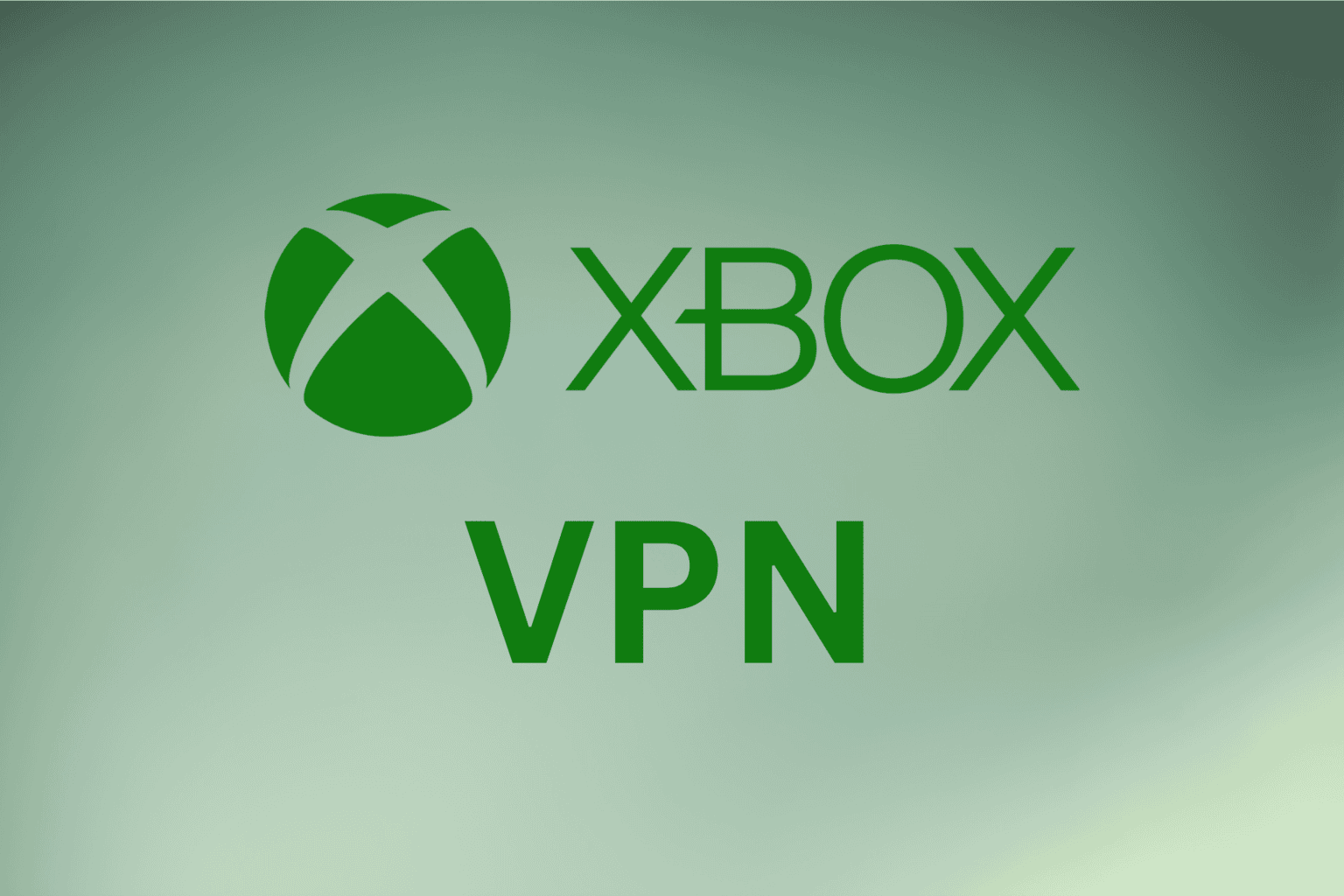

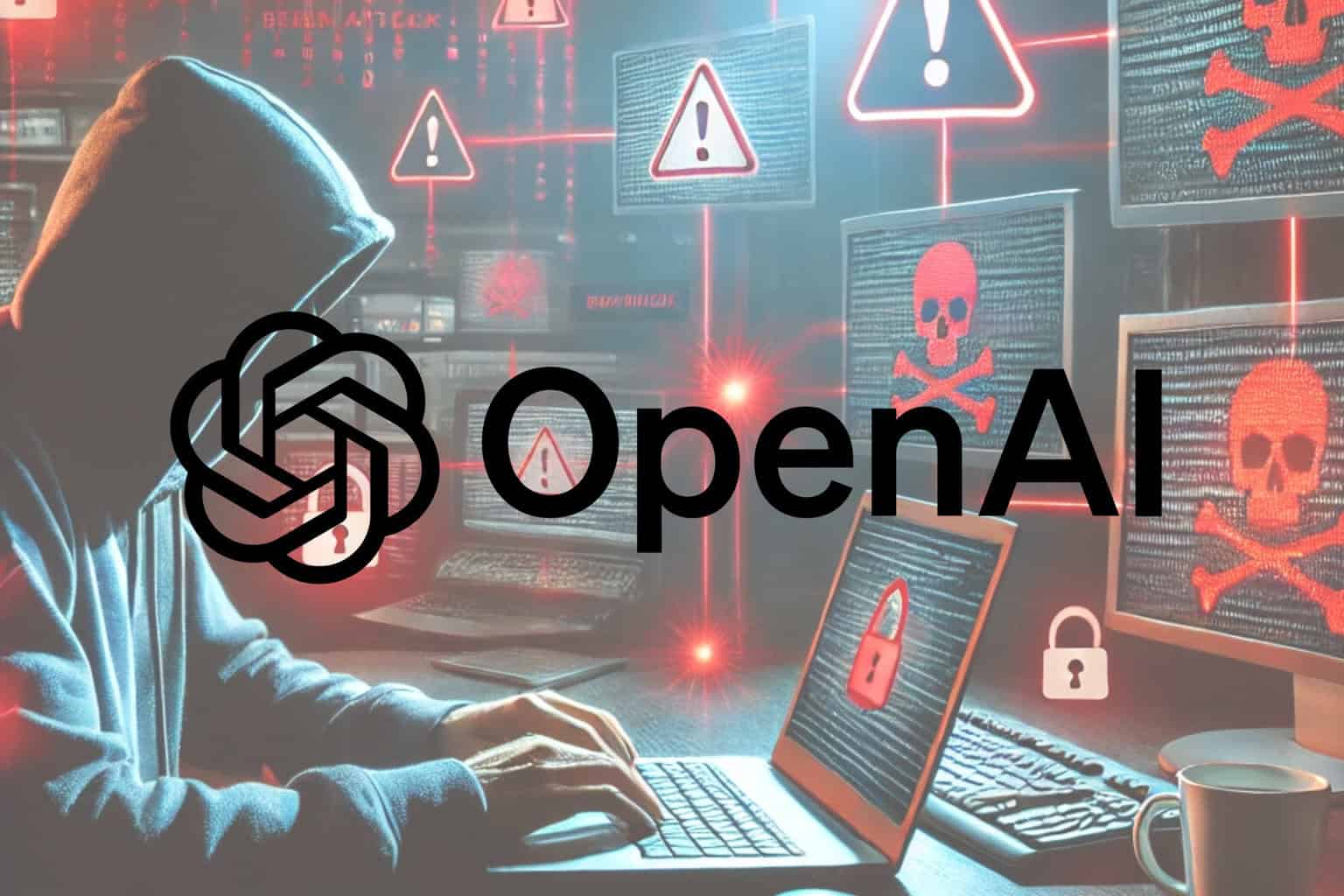
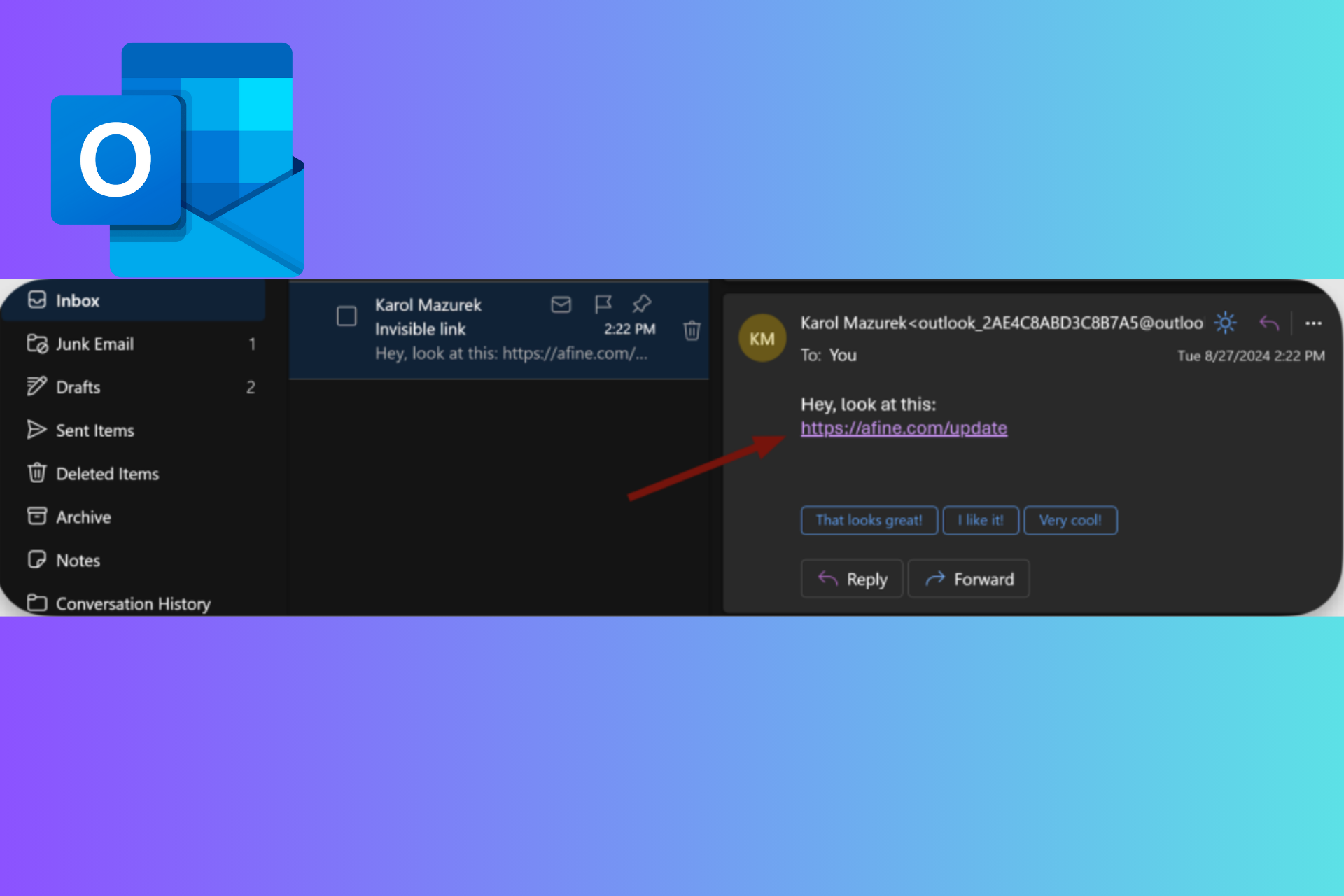
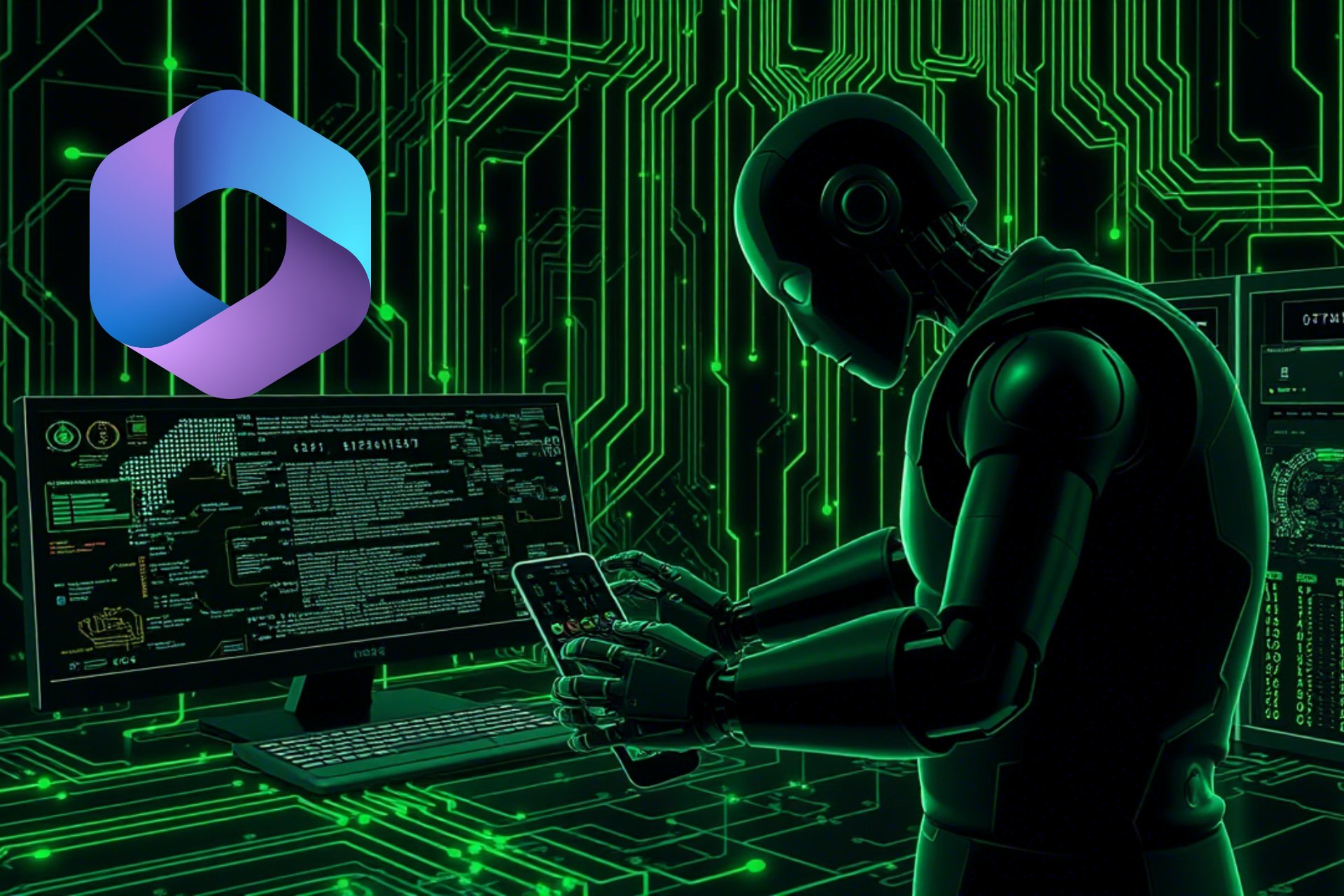
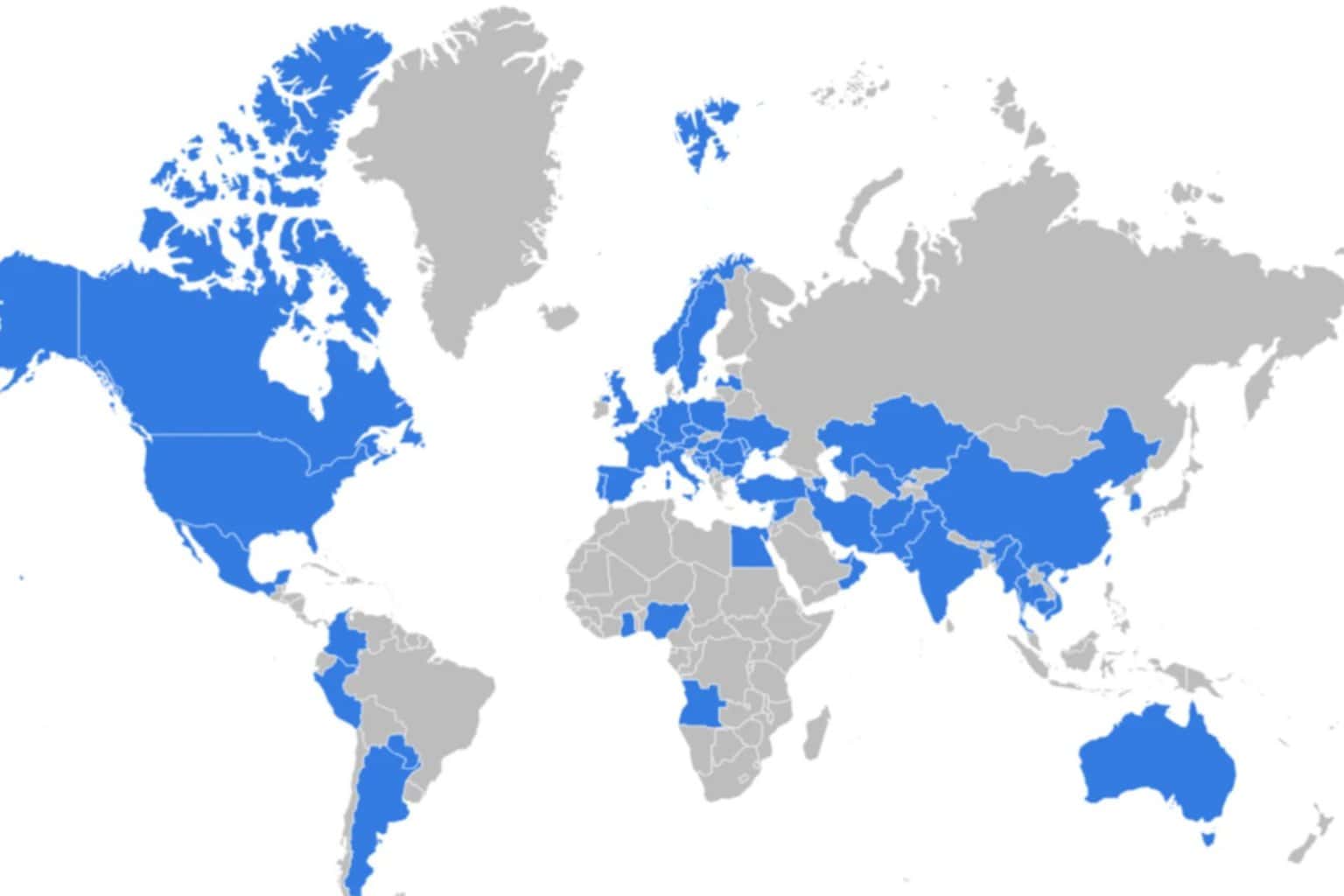
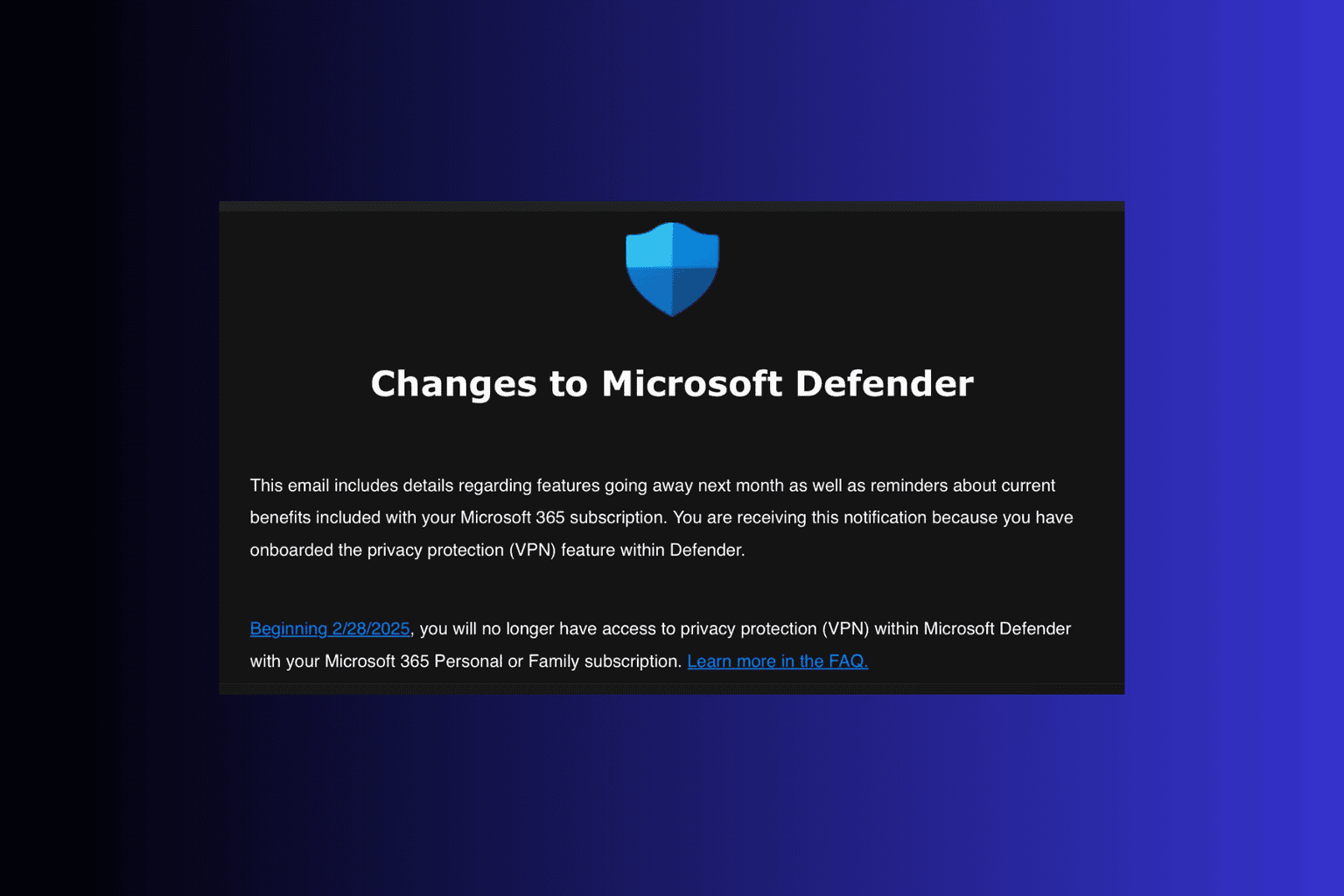
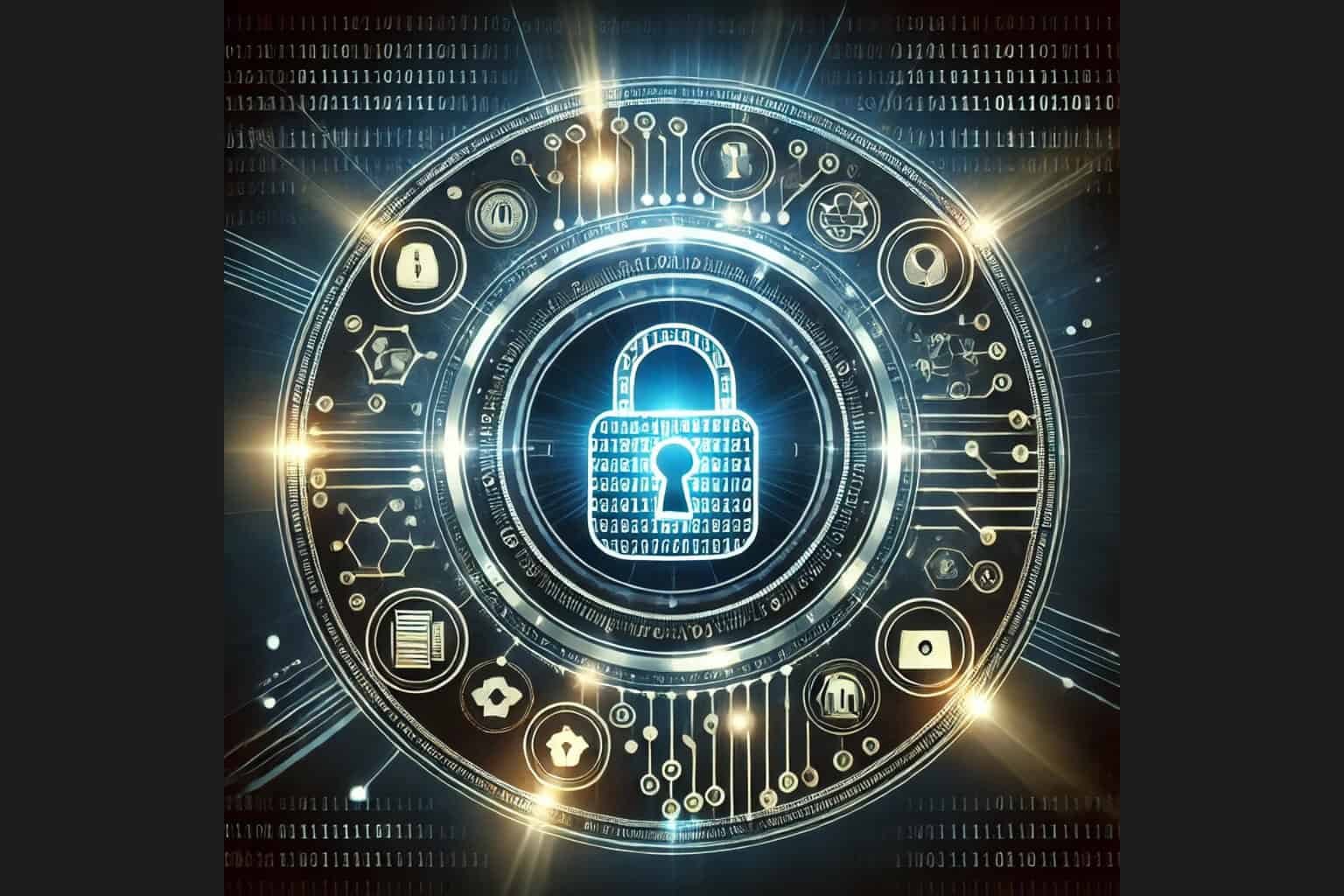
User forum
0 messages